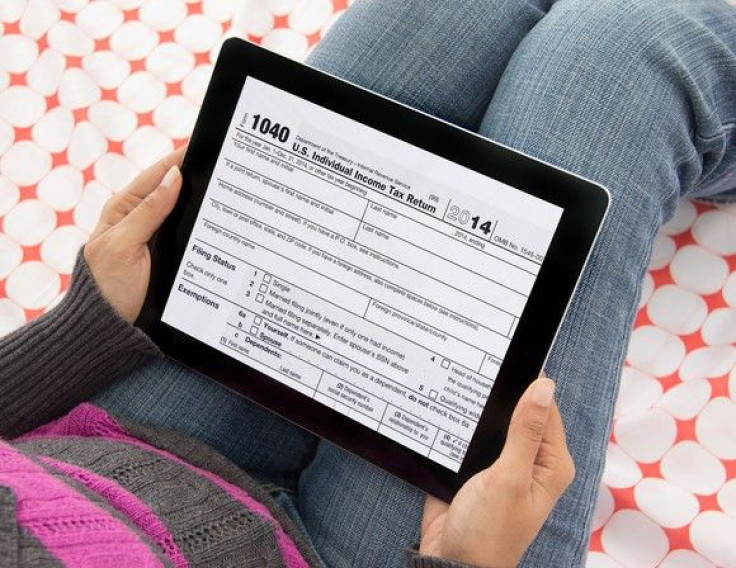Taxes 2016: Does It Make More Sense To Pay Someone To Do My Taxes Or Should I Do It Myself?

This article originally appeared in the Motley Fool.
Though filing your taxes may be a stressful process, it isn't necessarily a complicated one. If your taxes are fairly simple, you may be wondering: Should I do my own taxes? Is it easy? And where can I file online? While there are certain circumstances where it pays to hire a professional to prepare your tax return, if you have a straightforward source of income and a fairly simple return, you're probably better off filing yourself.
Don't throw away your money
Though you might take comfort in the help of a tax professional, that help isn't going to come cheap. According to the National Society of Accountants, it costs an average of $261 to outsource your tax return. If you have reason to believe that a professional might save you that much or more in deductions, then it might pay to hire someone. But if you don't expect to have a large number of deductions, hiring a professional could mean throwing your money away.
Not only that, but hiring a professional does not guarantee you a refund -- or even an accurate return, for that matter. First of all, tax preparers are only human, which means they sometimes make mistakes. Furthermore, in a limited study by the U.S. Government Accountability Office, only two out of 19 professional tax preparers managed to calculate the correct refund amounts for their clients.
Now, this isn't to say that professionals don't know more than the average tax filer. But your accountant's knowledge won't do you any good if you're not eligible for any of the hidden tax breaks you're hoping he or she will magically uncover. Furthermore, hiring an accountant won't necessarily help you avoid an audit, either. In fact, even if your accountant signs off on your taxes and files them on your behalf, if your return is audited and you end up owing money, you're the one who will be responsible for paying it.
If your taxes are fairly straightforward -- meaning that you don't own a business or have a large number of income streams -- then you're probably better off doing them yourself. On the other hand, if your tax situation is complicated, it might pay to use a professional. While hiring a tax preparer won't necessarily lower your audit risk, many accountants offer audit support as part of their services.
Filing your own taxes
While you have the option to file your own taxes by paper or online, it pays to submit an electronic return. The IRS reports that the error rate for a paper return is as high as 21%, while less than 1% of electronically filed tax returns contain errors. If you're due a tax refund, filing an accurate return can help you get your hands on that money sooner. Just as important, it can help you avoid an unwanted tax audit.
You can visit the IRS website to learn more about your options for filing an electronic return. Keep in mind that if your income falls below $64,000, you can use the IRS Free File tool to file your return at no cost.
While the idea of doing your own taxes may seem daunting, remember that much of the work involved has to do with gathering the right information and forms -- steps you'd need to take even if you were to hire a professional. You're better off saving your money and putting it to more important use.
Try any of our Foolish newsletter services free for 30 days. We Fools may not all hold the same opinions, but we all believe that considering a diverse range of insights makes us better investors. The Motley Fool has a disclosure policy.
© Copyright IBTimes 2024. All rights reserved.











